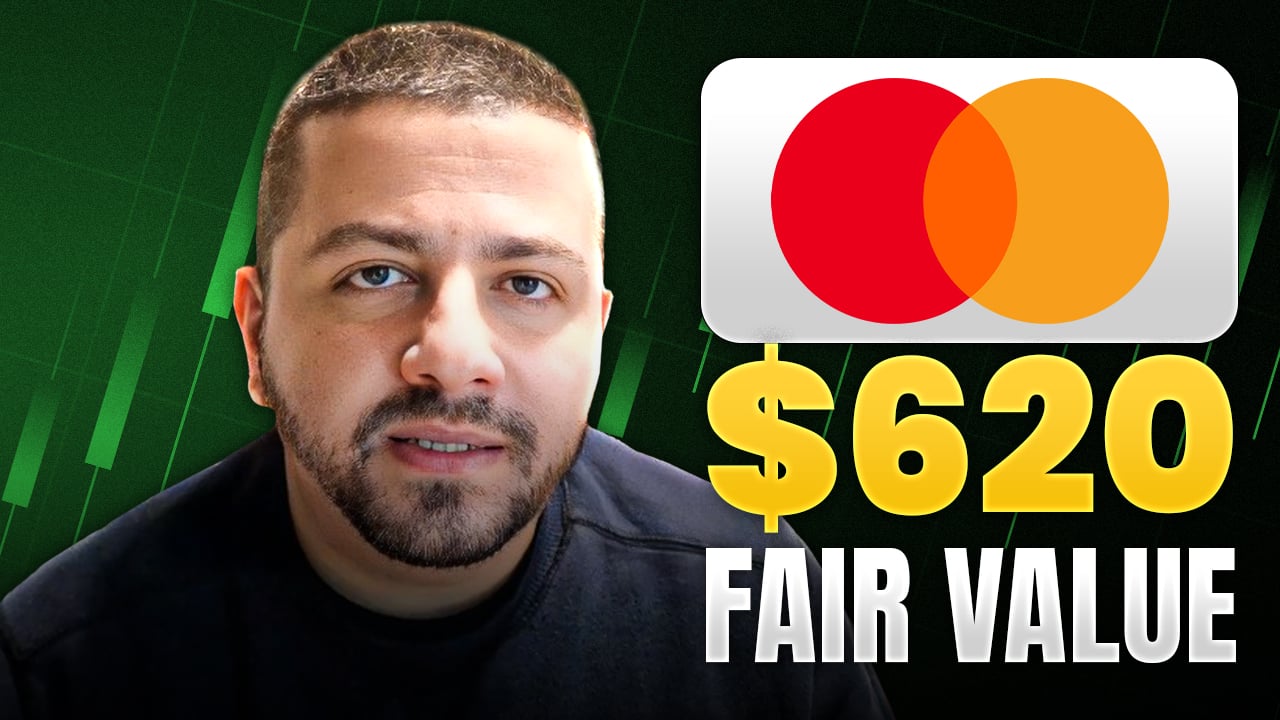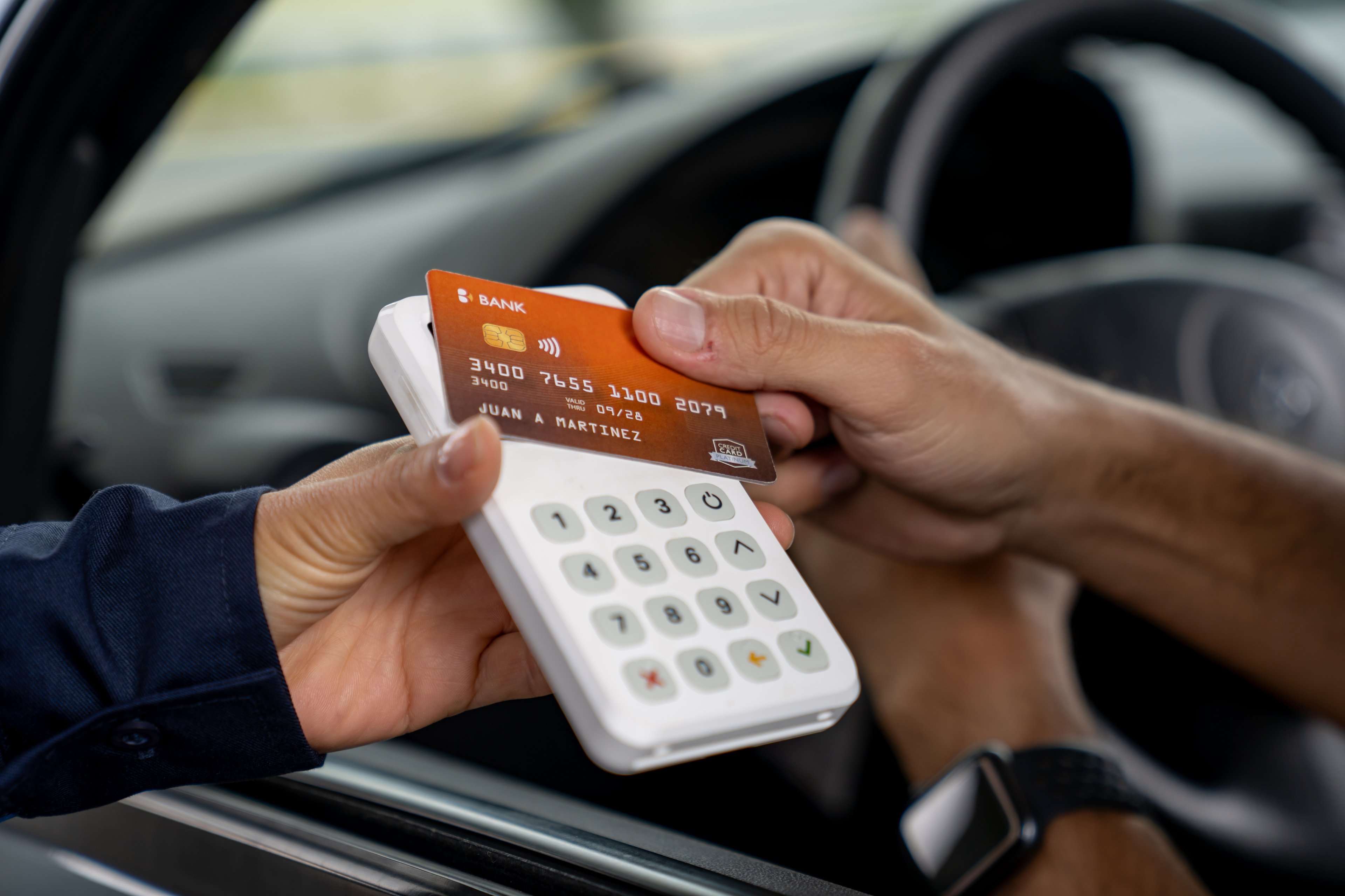The payments market is changing rapidly as several trends emerge and converge, including digital payments, decentralized finance, and cryptocurrency, to name a few. One of the forefathers of digital payments is Mastercard (MA 0.63%), the huge credit card company that has been around since the 1960s. One of the most disruptive new companies in this industry is Block (SQ 0.71%), formerly known as Square, which revolutionized how people pay through its card reader and peer-to-peer Cash App.
Both are great companies with key competitive advantages, but which is the better buy right now? Let's take a look.

Image source: Getty Images.
Mastercard
Mastercard is the payment processing giant that, along with Visa, forms a duopoly in the industry. It is not a lender or bank, and Mastercard simply makes money on fees every time the card is swiped or a purchase is made online through its vast network. Mastercard has been remarkably steady, given its market dominance, averaging a 23% annualized return and about 15% annual earnings growth over the past 10 years.
Mastercard is only down about 3% year to date, beating the S&P 500, which is down about 7% year to date. But it remains a hugely profitable company as revenue surged 27% in the fourth quarter and earnings jumped 35% for the same period, year over year.

NYSE: MA
Key Data Points
Because the company has little overhead, no credit risk, and the advantage of being only one of two huge payment processing networks, it enjoys huge margins. It has an operating margin of 54%, profit margin of 46%, and an off-the-charts return on equity of about 125%. And rising interest rates should help, not hurt, Mastercard, unless inflation keeps accelerating or there is an economic slowdown. The company also has a pretty good valuation, with a price-to-earnings (P/E) ratio of 40 and a forward P/E of 34 -- both down from a year ago.
Block
Block, a mobile payments company, has only been a public company since 2016, when it debuted as Square. It has enjoyed incredible growth since then. The fastest-growing product it offers is the Cash App, which generated $518 million in gross profit in the fourth quarter, up 37% year over year. The Cash App, which allows people to transfer money, bank, and invest, generated about 45% of the company's $1.2 billion in gross profit in Q4. The Square point-of-sale side of the business, which includes products and services for merchants, had an even better quarter, with gross profit up 54% year over year. This includes services like the card reader and digital register, payroll, invoices, small business banking, and buy now, pay later (BNPL) through the acquisition of Afterpay.
However, with all of this revenue growth, Block had a net loss of $77 million in the fourth quarter, with operating expenses up 63% year over year. The stock price has dropped from a high of about $235 last October to its current $124, down 23% year to date. The stock had become ridiculously overvalued before it crashed, with a P/E ratio of more than 700. Now it's down to just under 400 but that's up after dipping to about 150 at the start of the year.

NYSE: SQ
Key Data Points
Block has made a couple of big moves the past two years. Last year it got a bank charter to be able to offer deposits and provide its own loans to small businesses and consumers without having to partner with a third-party lender. The second big move came this month when it announced plans to build a Bitcoin mining operation with Blockstream, following through on Chief Executive Officer Jack Dorsey's goal to decentralize Bitcoin mining.
Which is the better buy?
For a few reasons, Mastercard is the better buy right now. The numbers bear that out in terms of profitability, efficiency, and valuation. But if you look out, there's less clarity around Block's business model and prospects. The company is still in growth mode, investing heavily in its businesses, but what impact will the move into Bitcoin mining have on its earnings? Will it dilute its focus or resources? Also, Block faces increasing competition in all of sides of its businesses, both the buyer and the seller side.
Mastercard has a relatively simple and efficient business model, and it dominates the market through its duopoly. While it also faces challenges from competitors, the network is such an enormous advantage that long-term, Mastercard should be able to navigate the changes. It has already pivoted into BNPL and cryptocurrency and should be able to meet future challenges with tons of cash flow from its huge margins.








